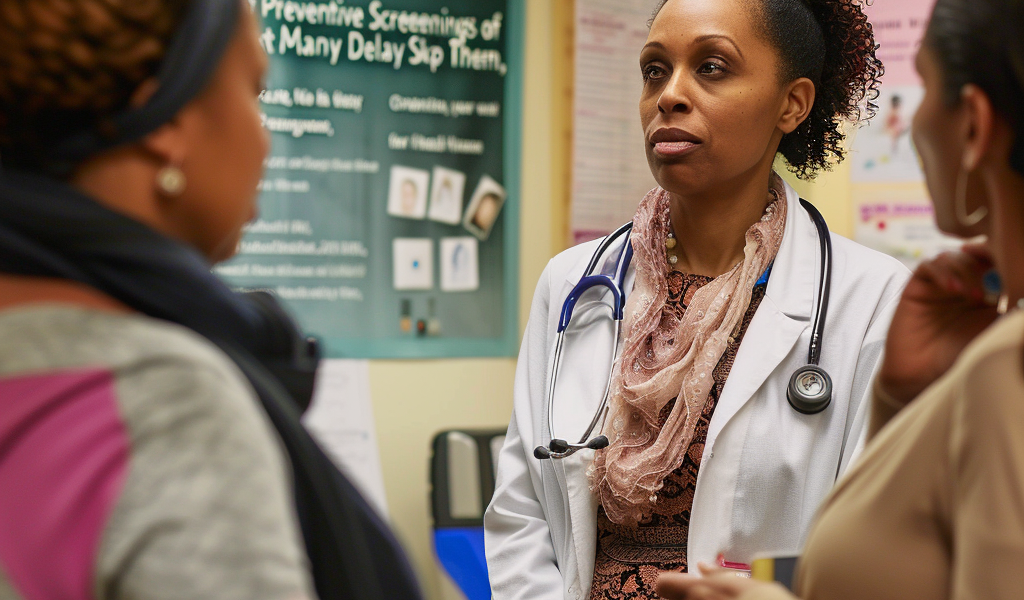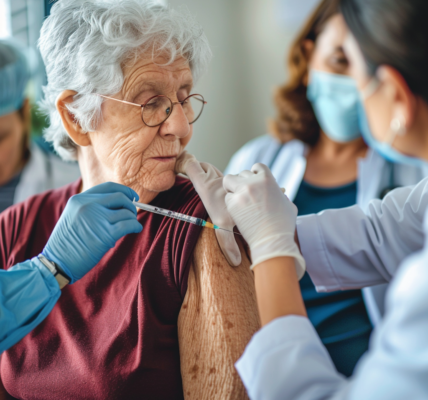Women Acknowledge Importance of Preventive Health Screenings, Yet Many Delay or Skip Them
Recent findings from a comprehensive survey conducted by Gallup for Hologic, a medical technology company, have shed light on the critical issue of women’s health screenings in the United States. The survey, which involved 4,001 adult women, revealed that while an overwhelming 90% of respondents recognize the significance of regular preventive health screenings, more than 40% admitted to delaying or completely skipping these essential medical tests.
Health screenings are vital for early detection and prevention of serious health conditions such as cancer, heart disease, and sexually transmitted infections. Despite the consensus on their importance, the survey highlighted several barriers that women face when it comes to accessing these screenings.
Among the reasons cited for postponing or avoiding health screenings were:
- Anxiety: Many women expressed feelings of nervousness or fear related to the screening process itself, which can deter them from seeking necessary tests.
- Concerns About Pain: The anticipated discomfort associated with certain screenings, particularly those related to breast and cervical health, was a significant factor in women’s decisions to delay.
- Cost Considerations: Financial constraints play a crucial role, as some women worry about the expenses associated with screenings, especially if they lack insurance or face high deductibles.
- Time Constraints: The busy schedules of many women, balancing work, family, and other responsibilities, often lead to prioritizing other tasks over health screenings.
- Perception of Necessity: Some women did not believe that they needed a screening, perhaps due to a lack of symptoms or misinformation about their health risks.
These findings underscore a significant gap between awareness and action when it comes to preventive health care among women. Despite acknowledging the importance of regular screenings for conditions such as breast cancer, cervical cancer, and colorectal cancer, many women are not taking the necessary steps to ensure their health.
Healthcare professionals emphasize the importance of addressing these barriers to improve women’s health outcomes. Education and awareness campaigns can help demystify the screening processes and alleviate fears associated with them. Additionally, providing resources for affordable screenings and flexible scheduling options may encourage more women to prioritize their health.
The survey results serve as a reminder of the ongoing challenges in women’s health and the need for systemic changes to promote preventive care. As healthcare providers and advocates work to enhance access to screenings, it is crucial for women to prioritize their health and seek out the necessary preventive care that can lead to early detection and better health outcomes.
As discussions around women’s health continue to evolve, it is essential for women to feel empowered to take charge of their health and make informed decisions regarding their preventive care. By addressing the barriers identified in the survey, we can work towards a future where all women have equal access to the health screenings they need.





